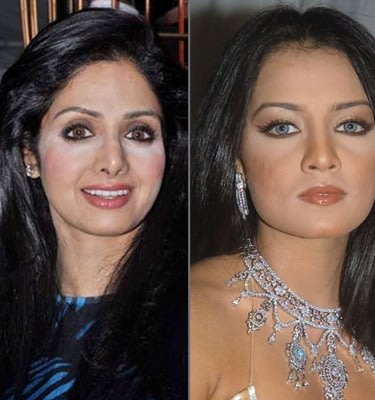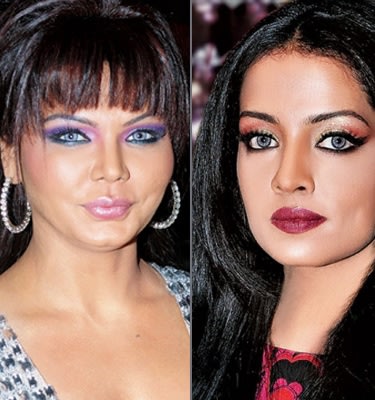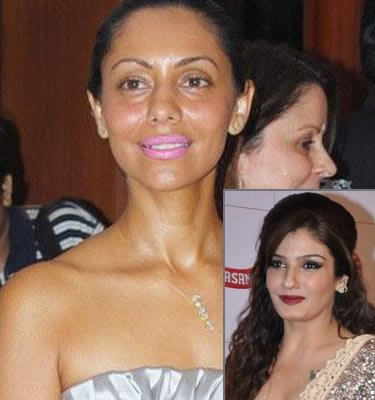If being prepared for anything is your mantra, then you know that your purse is the vehicle by which you live your life – far more than just a place to stash your cash and keys. Whether you believe in toting half the house, or you like to keep it light and simple, there are ten essentials that all ladies must have in their purses at all times. Let’s take a look at those must-haves so that you will be ready for anything that life throws your way.
1. Lipstick
As any woman knows, a dash of lipstick can perk up even the worst case of the blues, and having your favorite shade within reach is imperative to keeping you looking your best. Lipstick works to create a beautiful focal point on the face – so even if you don’t have time to put on a complete face of makeup each morning, lipstick will still make you look glamorous and put-together.
2. Mad money
The emphasis here is on money, not plastic. Mothers used to give their daughters “mad money”when they went out on a date, just in case the guy ended up to be Mr. Totally Wrong. Mother was wise to do so; there are many instances that may arise when you will need cash in hand, not a debit or credit card, so keep at least twenty bucks in cash safely stored away in your purse.
3. Tampons or pads
Let’s face it ladies; we never know when Mother Nature will come calling. Be discreetly prepared to face her head on with a small supply of feminine protection.
4. Baby wipes
Whether or not you have little ones, baby wipes come in handy in so many situations – none of which you will be able to think about until the time arises that you need one or two.
5. Aspirin or Tylenol
How many times have you been out of the house and taken a headache? If you are human, chances are you have often wished for a bit of pain relief on the road. Stay prepared by always keeping a few aspirin, Tylenol, or other pain remedy at hand.
6. A pen
While it may seem like commonsense, when faced with the prospect of needing a pen or pencil, many women dig and dig through their massive purses only to come up with a fairly good substitute: an eyeliner. Keep a few pens in your purse and you won’t end up giving someone your number with a Cover Girl Slick Stick.
7. Emergency contact info
Again, a commonsense thing to carry with you (right alongside your identification) is emergency contact information; this will come in handy if you are mistaken as a terrorist, locked in solitary confinement, and someone has to come in to vouch for your identity. In all seriousness, emergency contact info is crucial if you are (heaven forbid) involved in an accident and unable to speak for yourself.
8. Mace or pepper spray
The day and age in which we live dictates that all women must carry some form of protection, and Mace or pepper spray fit the bill. This modern “weapon” is non-lethal but very effective in stopping bad guys in their tracks.
9. Hand sanitizer
Every time when you are at the grocery store you grab a cart that has been used many times and never wiped down. You count out money or meet someone new and shake their hand. For these and many other reasons, you should always have hand sanitizer in your purse. It will help protect you as well as anybody you come into contact with from spreading those terrible germs.
10. Lighter or matches
Okay, you don’t smoke and you don’t carry a lighter because you think that you’ll never need it. Trust me, I don’t smoke but I always carry a lighter or matches for emergency purposes, such as burning off stray threads on clothes, and lighting candles on cake. Moreover, if you’re ever stranded in the wilderness and need to light a fire, you will be well prepared! So make sure you always have a lighter or matches in your purse!
So remember, an ounce of prevention truly is worth a pound of cure. Pack your purse with these ten essentials and you can feel a bit safer and more secure when you are out and about.
All content from:- http://en.amerikanki.com/things-every-woman-should-have-in-her-purse





















